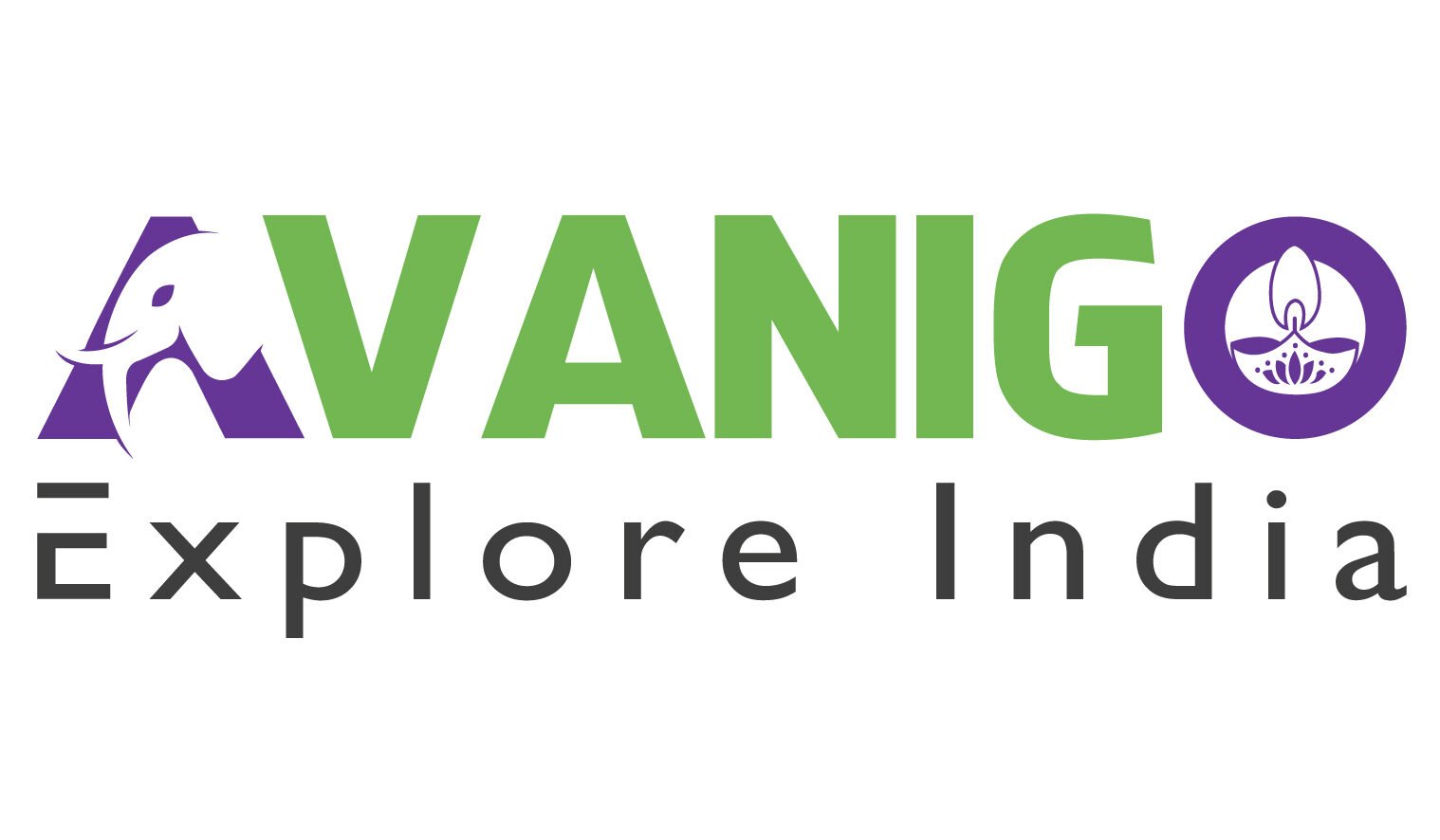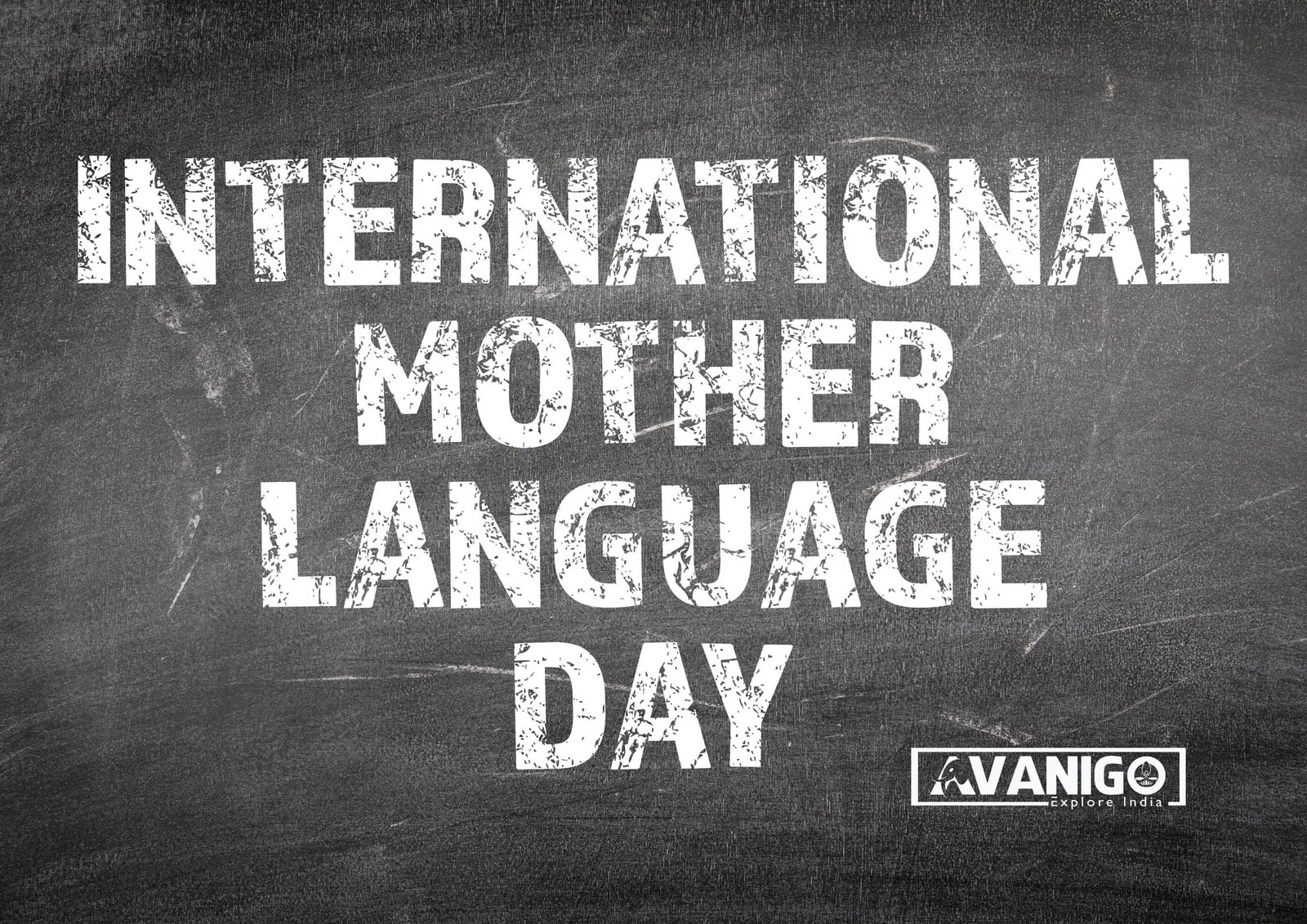International mother language day is a global observance. This day celebrates multilingualism as well as the cultural and ethnic importance of respecting and preserving Mother Language. Since its announcement by UNESCO on 17 November 1999, many countries adopted the celebration recognizing its significance.
The roots for the emergence of International Mother Language Day lie in Bangladesh’s movement for the recognition of the Bangla. In Bangladesh, this day is a national holiday. The government organizes various programs and citizens pay tribute to the martyrs who sacrificed their lives for this cause.
UNESCO celebrates this day every year with a unique theme. In 2018, the organization decided to spread the urgent need to protect Mother Languages. Hence, it announced 2019 as the International Year of Indigenous Languages.
In similar lines, the UN General Assembly proclaimed 2022-2032 as the International Decade of Indigenous Languages.
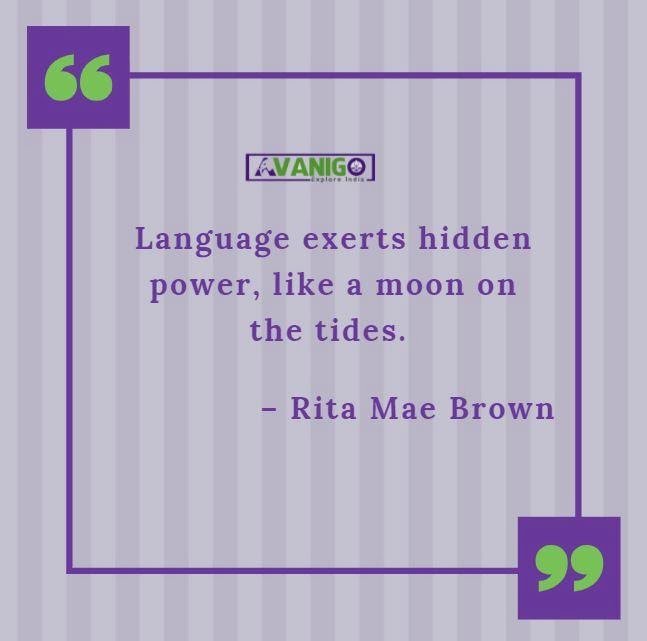
Quick Navigation
The necessity to safeguard linguistic diversity
Languages are the roots for the perseverance of the cultural, social, traditional, and religious traditions. Humankind witnessed the unfortunate annihilation of thousands of indigenous languages.
Lack of script, steep fall in the reduction of people speaking the native language, and the craze to learn and follow the community or foreign languages are some of the various reasons that often push native languages to the verge of extinction.
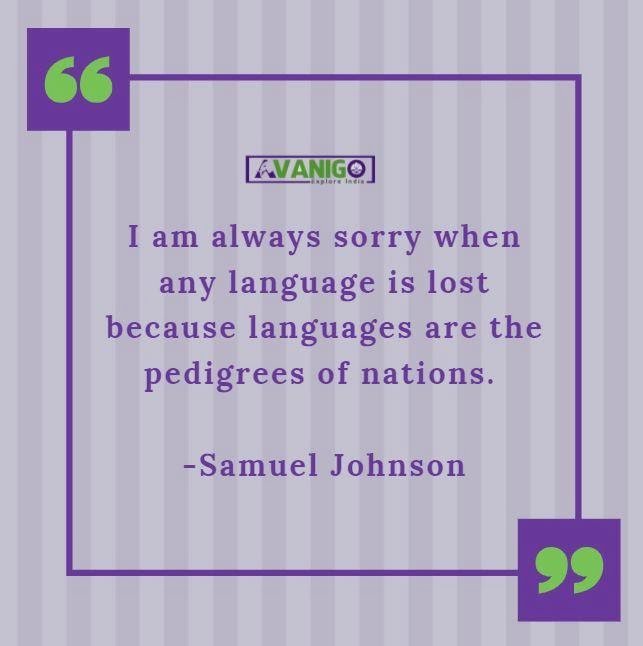
Facts about International Mother Language Day
- Every two weeks, one language disappears from the globe taking away the cultural and intellectual heritage woven around that language. On this note, as high as 43% of 6500 global languages are endangered.
- According to Project Britain, 250 languages are spoken in London making it the city the most linguistically diverse city in the world.
- When it comes to the countries with the highest number of living languages, it is Papua New Guinea that ranks top with 840 living languages. Next on the list comes Indonesia with a 742 count. Nigeria, India, and the USA rank 3rd, 4th, and 5th on the list respectively with 516, 427, and 311 living languages.
- According to a 2018 report, more than 19,500 languages or dialects are spoken in India as mother tongues.
- The Eighth Schedule of the Constitution comprises the following 22 languages –Assamese, Bengali, Gujarati, Hindi, Kannada, Kashmiri, Konkani, Malayalam, Manipuri, Marathi, Nepali, Oriya, Punjabi, Sanskrit, Sindhi, Tamil, Telugu, Urdu, Bodo, Santhali, Maithili, and Dogri.

What is Mother Tongue?
Experts define Mother Tongue or Native Language or First Language as follows:
- The language that is associated with an individual’s birth.
- A language that speakers can identify themselves the most.
- Language(s) in which the speaker is most competent and or speaks most of the time.
Thus, the mother tongue is the language children learn first from their mother or elderly women in the home. Infants and children spend most of their time with mothers or grandmothers. Hence, it is the words and the language they speak that kids absorb first. This is the reason why a person’s native language is called a Mother Language.
Why is Mother Tongue important?
Mother tongue is the connection for culture, ethnicity, and heritage. In this rapidly globalizing world, an understanding and usage of mother tongue remind an individual of their origins.
Learning community languages and other languages is a smart choice. However, that should not discount the respect towards learning and using the mother tongue in daily lives. Without the mother language, one would lose one cultural identity. Languages are the basis for inclusion.
Why should you teach the mother language to your kids?
According to the National University of Education, Planning, and Administration, the number of children studying in English medium schools in India spiked by 273% between 2003 and 2011. This mirrors parents’ mindset that learning English is a key to gaining better jobs and increasing earning potential.
Related: Women’s empowerment essay
While this is true to a certain extent, this craze should not manifest into negligence towards one’s mother language. It’s a fact that with increasing globalism, jobs are available across the globe for multilingual professionals.
On the contrary, companies are also looking at native talent experts in their own fields due to cost-effectiveness. Mother language is in no way a hindrance to the bright future of children. In fact, it forms a strong foundation for them to turn into multilingual.
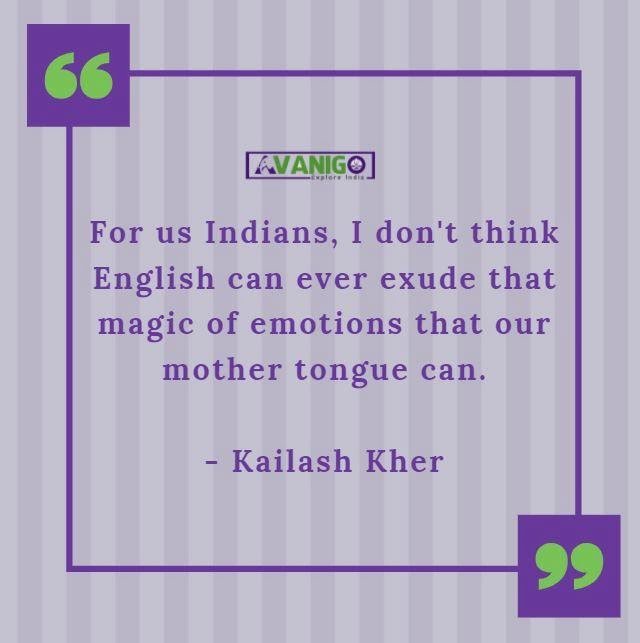
The responsibility of teaching the beauty and significance of mother language to children lies on parents. Children who speak in the mother tongue display better emotional growth. Teaching mother tongue to children at a young age deepens their sense of identity. They can also develop tolerance towards other people who speak in their mother tongue without any discrimination or intolerance.
A child fluent in mother language can identify themselves better. They would also pass on the heritage and the greatness of their cultural identity to the next generations. Besides, an appreciation and love towards the mother language in children impart a strong connection with their mother country.
Multilingual children turn into efficient multi-taskers. They can learn other languages with ease. They can also connect seamlessly with their grandparents and elders, which is a much-needed aspect for modern-day children.
How to teach the mother language to children?
- Speak with them in mother tongue: Anything in life starts at home, and this applies to inculcating the love towards mother language in your child too. Speak fluently and all the time in your native language with kids. Encourage them to call you as mother or father in your mother tongue rather than in the community or foreign languages.
- Connect them with grandparents: Children who can connect with grandparents often can display better appreciation and understanding of their mother language. Nothing can be more blissful to children than letting them listen to their grandmother or grandfather sharing stories and deepest thoughts in their mother tongue.
- Opt for the mother language at school: Let your child learn about the beauty and richness of the mother language at school. Opt for your mother tongue as the first language for your child. Whatever the foreign or community language you wish your child learns, make it the second language.
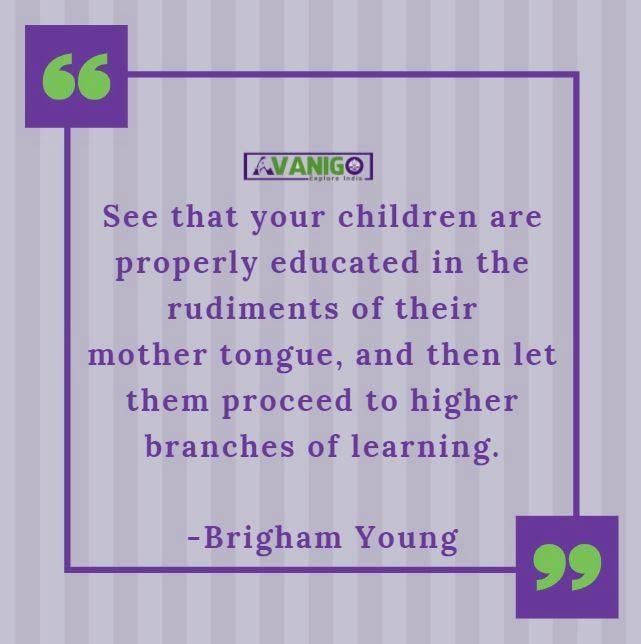
Ways to celebrate International Mother Language Day
Here are some simple ideas to celebrate international mother language day in a fun as well as thought provoking way.
Read books: Based on your age – child to elderly, dig into books in your native language. Fiction, religion, self-help, stories, comedy, thrillers, or biographies – read a book in your mother tongue.
Sing songs or arrange story telling sessions: Organize an antyakshari or a singing competition amongst your friends and family. Every member should sing a complete song in their mother tongue only! Similarly, organize story telling or poem reciting in native language and involve grandparents either directly or virtually.
Watch classic movies in your mother tongue: Classic and evergreen movies in your mother tongue are one easy way to teach good vocabulary, pun, and depth related to it.
Share the message: Spread the word on social media and personal chat apps to your near and dear. Educate them about the significance of this day. You can even plan fun or educational events together.
Join a linguistic club: Research for linguistic clubs near your area. Join them, learn from them or offer your services to promote the richness of your mother tongue.
Organize campaigns in your town/locality: Take time and conduct campaigns in schools and colleges, or local communities and spread the message with the youth and children. You could also plan a peaceful rally by displaying banners and distributing pamphlets in your locality or town.
Buy or gift books: Buy books for your child in their mother language to get them started with their journey of mastering their Mother Language. What other occasions would suit best for this other than International Mother Language Day? Besides, you could even distribute storybooks or other books in the native language to children in your apartment, or community and relatives’ group.
Conduct quizzes and competitions: If there are many children and youth around your locality, drop a message prior to International Mother Language Day. Announce competitions, quizzes, essay writings, and elocution in the Mother language for all enthusiasts, irrespective of their age.
Raise your voice: Write an open letter to the public through newspapers about the prominence of International Mother Language Day. Explain the benefits and the necessity for today’s children to learn and talk in their mother language, and how parents and the education system can play a crucial role in this.
Join online campaigns: Identify related groups and online campaigns working towards the cause of promoting awareness about International Mother Language Day. Actively participate and contribute your ideas towards spreading your mother tongue beyond the geographical boundaries.

Conclusion
Mother Language is no less to one’s Mother. It is the only language in which we express our deepest emotions. Without the mother language, we are no more evolved than animals in expressing emotions. It is high time we realize the importance of our mother tongue, respect and practice it, and carefully pass it on to the next generations. Happy International Mother Language Day!
About the Author:
Swetha Prasanna is an experienced Content Specialist, Marketer, and Branding Consultant. You can connect with her on LinkedIn.
Swetha is a Content Specialist, LinkedIn Branding and B2B Marketing Consultant. When she is not in the world of B2B, she researches the roots and beauty of Indian Culture and Traditions. She is the author of the book: 365 Days 365 Posts – The Guide to LinkedIn Personal Branding, available exclusively on Amazon. Connect with her on LinkedIn.
